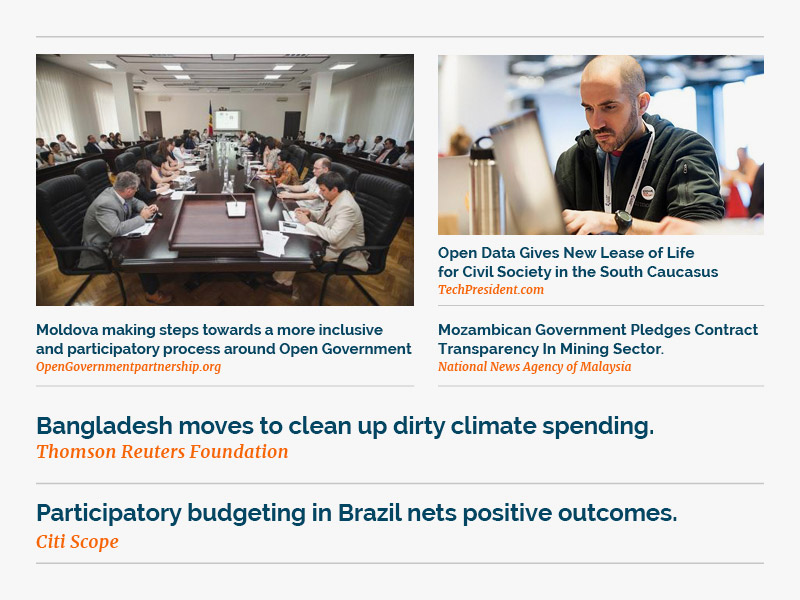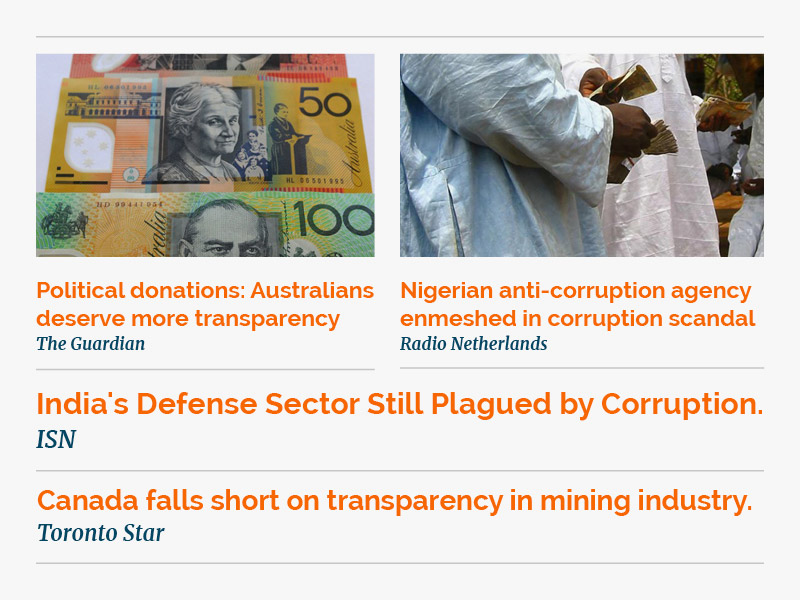#OpenGovNow

You will not be able to see this website the way it is intended to be seen. For an optimal visualisation of this website please use Chrome or Firefox. It's free!

Open Government benefits us all. With increased transparency and citizen participation, governments are as effective as they can be. Governments that are more open are governments in which citizens and governments work together to ensure a better future for all.
Ellen Miller
Co-Founder and Executive Director, Sunlight Foundation
Open Governments are built on two things: information and participation. A government that is open, actively discloses information about what it does with its money and resources in a way that all citizens can understand. Equally important, an Open Government is one that actively involves all citizens to be participants in government decision-making. This two-way relationship between citizens and governments, in which governments and citizens share information with one another and work together, is the foundation of Open Government.


Chris Underwood
Director, Global Action, Making All Voices Count
Just as we always look for new and better ways of doing things, Open Government is a new and more efficient way for governments to govern and for citizens to exercise their citizenship; it is the new and improved way of doing governance. It is a movement that is centered around making sure that governments and citizens actually work together to achieve better outcomes for all. No one group of people has all the solutions to the most pressing governance challenges, and that’s why openness and collaboration are essential. If citizens and governments work together, we can all co-create practical solutions to long-standing problems.
Florencio Abad
Secretary of Budget and Management, Government of the Philippines
The water that you drink, the public schools that children go to, the roads that you use every day: governments make those a reality. Governments and what they do affect each and every one of us. How governments operate and how they spend scarce public resources have a direct impact on our everyday lives and the future of our communities. For instance, it is estimated that $9.5 trillion US dollars are spent by governments all over the world through contracts -- therefore you have a role to play in making sure that your share in that public money is not lost, stolen, or misused.
Beauty Narteh
Project Manager, West Africa Contract Monitoring Network
A merchant who can’t get to work, children with no textbooks, families with no access to water -- these are often results of poor decisions where citizens weren’t part of the conversation. But when citizens like you actively participate in the way those decisions are made and implemented, governments can be more efficient and effective. Regardless of where you are from, or where you live, or whether you are rich or poor, you are affected by how open your government is.
Stella Dawson
Chief Correspondent, Governance and Anti-Corruption, Thomson Reuters Foundation


Ellen Miller
Co-Founder and Executive Director, Sunlight Foundation
The number of people who said they wanted their government to be more open in The Global Opening Government Survey
Felipe Estefan
Open Government Strategist Governance Global Practice, The World Bank
Citizens overwhelmingly want Open Government. In October 2013, The Global Opening Government Survey asked citizens whether they thought their government was open, and whether they would like for it to be more open. 61% of respondents said they would want their government to be more open. In some countries, there is an overwhelmingly high demand from the younger generation. For example, in Mexico more than 83% of the respondents aged 18-25 called for a more open government. Similar statistics emerged from places like Indonesia and Mongolia. In a separate survey by the UN and its partners, “an honest and responsive government” is among the top three priorities (out of 16 topics) of citizens surveyed around the world.
Percentage of young people who want their government to be more open
The Global Opening Government Survey was conducted as a response to the growing demand to better understand citizens’ views on the current state and the potential impact of openness. Using the innovative “random domain intercept technology,” the survey was based on a brief questionnaire and collected complete responses from over 65,000 web-enabled individuals in the first 61 member countries of the Open Government Partnership (OGP) plus India. The survey methodology, as any other, has its advantages and its limitations. More details about the methodology can be found in the Additional Resources section of this page..
Eric Meerkamper
President, The RIWI Corporation
The survey results provide benchmark evidence on three main areas: (i) citizens' perception on how open their governments are; (ii) their demand for increased openness; and (iii) the potential impact of increased openness on citizen behavior i.e., increased willingness to pay taxes, higher degrees of trust, etc. These results can inform the ongoing international efforts to advance the Open Government agenda around the world.
Robert Hunja
Director,
Public Integrity and Openness, Governance Global Practice,
The World Bank
Chris Underwood
Director, Global Action, Making All Voices Count
The Open Government movement asserts the idea that governance is everyone’s business, given the decisions that governments make and their very real consequences to the everyday lives of citizens. This idea has gathered momentum and taken on the global stage: governments around the world and civil society are coming together through the Open Government Partnership to co-create solutions to ensure better future for all. Through this platform, there is now a space for you to help shape the future of your community. There are a host of other opportunities for you to be involved in the Open Government agenda.
Linda Frey
Executive Director, Open Government Partnership Support Unit
Stella Dawson
Chief Correspondent, Governance and Anti-Corruption, Thomson Reuters Foundation
In our society, different groups play different roles. However, when it comes to governments and ensuring its efficiency, we all have a role to play. To learn more about your government’s commitment to openness, and to find out more about how openness affects you, there are few better places to start than your local government: it is where the interface, the transactions and collaborations, between governments and citizens mostly take place.
Florencio Abad
Secretary of Budget and Management, Government of the Philippines
A nano-survey is an Internet-based technology that extends a brief survey to a random sampling of respondents, and which was developed by the RIWI Corporation based on its patented random domain intercept technology (RDIT™). It geo-targets Web users who mistype a non-trademarked URL or input a non-existent URL address into their browsers' direct navigation or 'address bar. Targeted users are then asked to answer a set of questions with real-time reflex responses, which are more informative than traditionally collected responses.
It is important to note that all respondents had Internet access, which, especially in developing nations, is typically a more urban public. The survey team is fully aware of the constraints of the methodology and potential biases of the data collected, as it might not have reached communities where internet access is limited. However, as access to the internet continues to grow, this methodology will be able to include a wider set of voices.
We acknowledge the limitations of this new online survey and methodology, and we look forward to collaborating with other individuals and organizations to conduct more in-depth and targeted analysis and supplement our findings. To learn more about the methodology, visit the following studies: